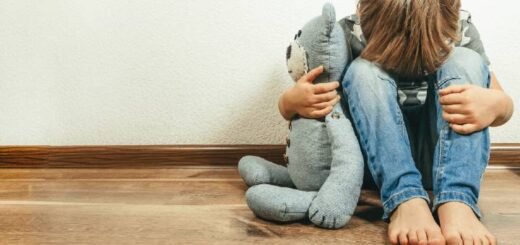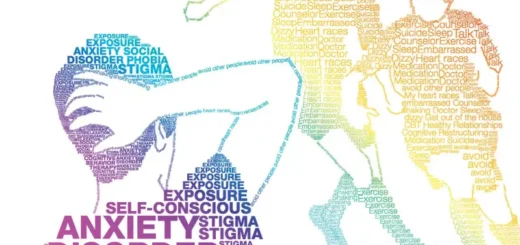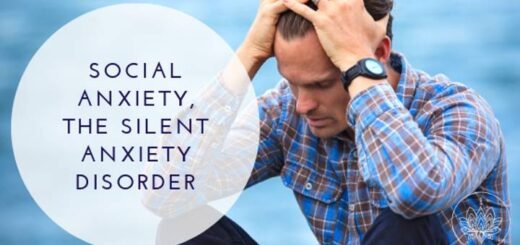Exclusion – being shut out by others
Being excluded or shut out by others can be a difficult and painful experience. It can lead to feelings of rejection, loneliness, and low self-esteem. Exclusion can also worsen symptoms of anxiety or depression, and can have a significant impact on one’s overall well-being.
Here are a few ways that exclusion can impact one’s life and what to do about it:
- Loss of social connections: Being excluded can lead to a loss of social connections and a lack of social support, which can further worsen feelings of isolation and loneliness.
- Damage to self-esteem: Rejection can be hurtful and damaging to one’s self-esteem, which can lead to negative thoughts and feelings about oneself.
- Fear of rejection: The experience of exclusion can lead to a fear of rejection in the future, which can make it difficult to form new connections and relationships.
- Feelings of hopelessness and helplessness: Exclusion can cause feelings of hopelessness and helplessness, which can lead to depression and other mental health issues.
- Understanding why it happened: it is important to try and understand why you may have been excluded, it could be that you didn’t fit in or that there was a misunderstanding, and it is not always a reflection of your self-worth.
- Seek new opportunities: Focus on finding new opportunities and social connections, whether it’s through joining clubs or groups, volunteering, or reaching out to friends and family members.
- Self-compassion: practice self-compassion and remember that rejection is a part of life, and it’s important to be patient with yourself.
- Professional Help: if the feelings of rejection and isolation persist, it’s important to seek professional help from a therapist or counselor, who can provide support and guidance in working through these emotions.
In conclusion, Being excluded by others can be a difficult and painful experience and it can lead to a loss of social connections, damage to self-esteem, fear of rejection, feelings of hopelessness and







